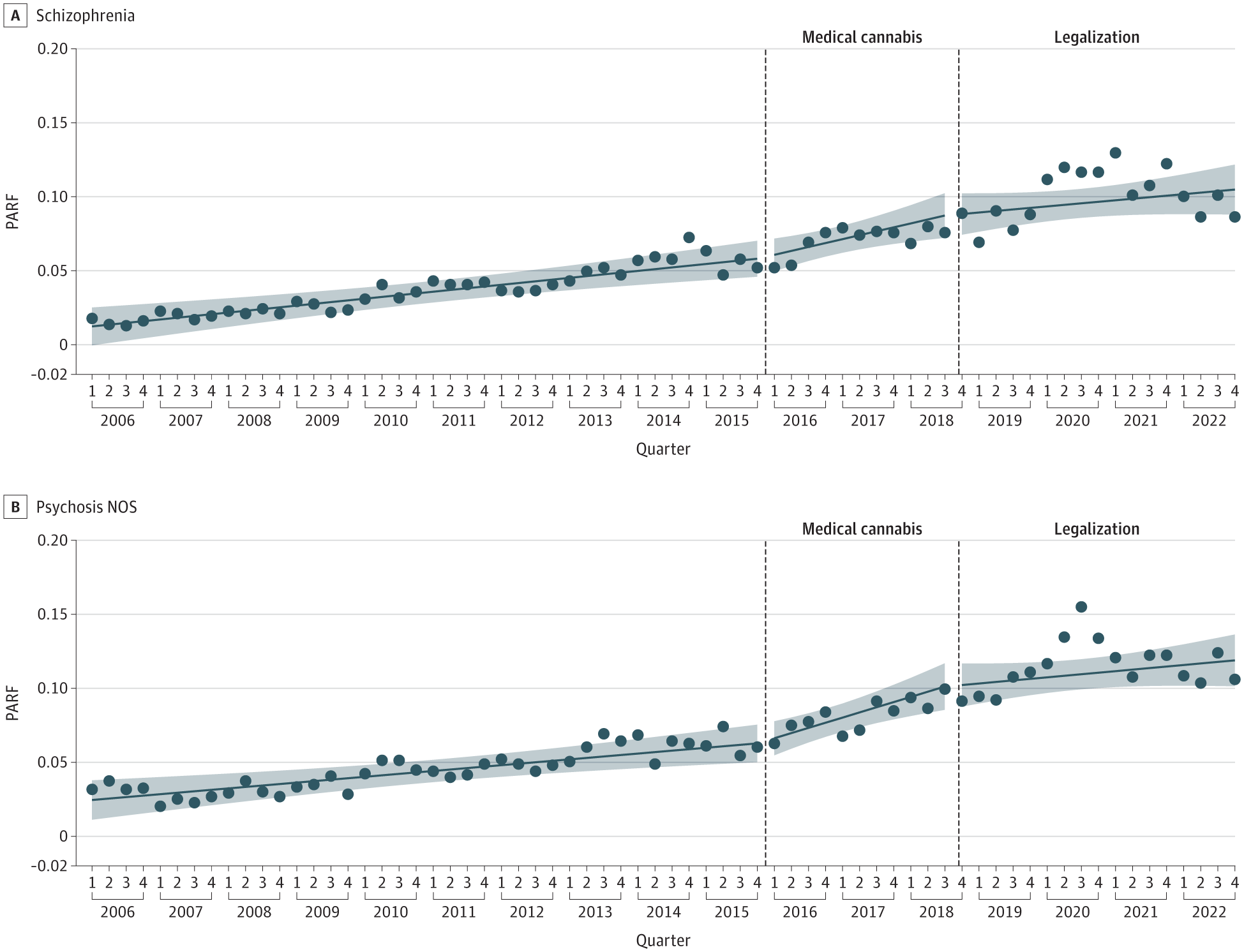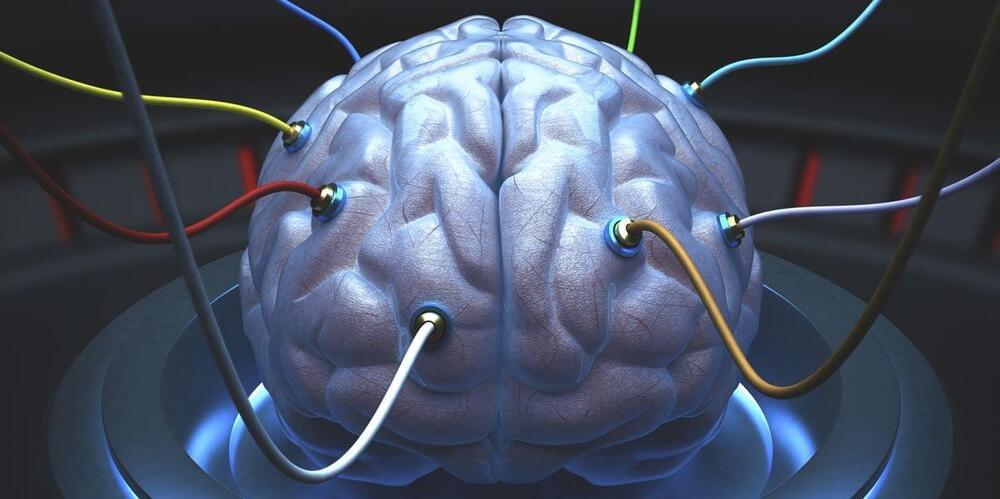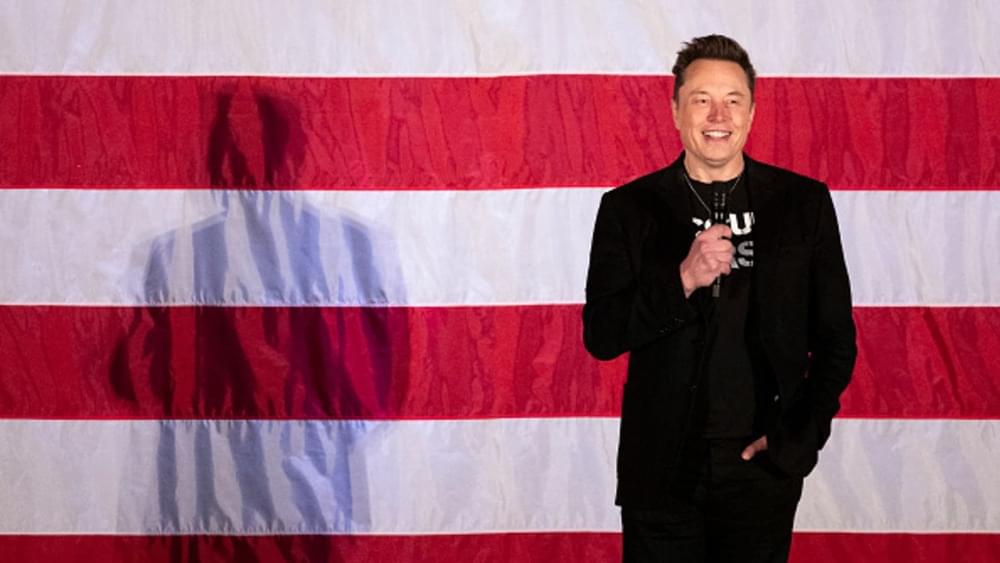In today’s AI news, ElevenLabs said on Thursday it has raised $180 million in a new funding round that triples the voice cloning artificial intelligence startup’s valuation to $3.3 billion. The Series C funding round was co-led by Andreessen Horowitz and Iconiq Growth, with participation from additional new investors.
On Thursday, OpenAI announced that it is deepening its ties with the US government through a partnership with the National Laboratories and expects to use AI to “supercharge” research across a wide range of fields to better serve the public.
“This is the beginning of a new era, where AI will advance science, strengthen national security, and support US government initiatives,” OpenAI said.
In other advancements, Cerebras Systems announced today it will host DeepSeek’s breakthrough R1 artificial intelligence model on U.S. servers, promising speeds up to 57 times faster than GPU-based solutions while keeping sensitive data within American borders. The move comes amid growing concerns about China’s rapid AI advancement and data privacy.
And, the US Copyright Office issued AI guidance this week that declared no laws need to be clarified when it comes to protecting authorship rights of humans producing AI-assisted works. “Questions of copyrightability and AI can be resolved pursuant to existing law, without the need for legislative change,” the Copyright Office said.
In videos, let’s bust some early myths about DeepSeek. In episode 40 of Mixture of Experts, join host Tim Hwang along with experts Aaron Baughman, Chris Hay and Kate Soule. Last week, we covered the release of DeepSeek-R1; now that the entire world is up to speed, let’s separate the facts from the hype. Next, what is model distillation and why does it matter for competition in AI?
Then, recorded at TEDAI Vienna, AI researcher Youssef Nader and digital archaeologist Julian Schilliger share how they used AI to virtually “unroll” and decode the Herculaneum scrolls, burnt and buried by the eruption of Mount Vesuvius nearly 2,000 years ago. Learn how AI could help decipher a range of artifacts, revealing clues about the mysteries and achievements of the ancient world. And, the native 1080p AI Video from Pika can create hyper-realistic animals. Jerrod Lew is back with another demo of Pika 2.1 generating animals with text-to-video prompts.








